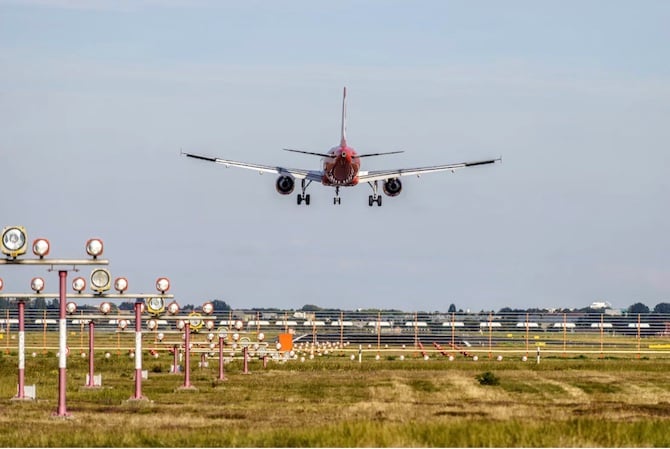Airport capacity is limited and airport slots are used to regulate the capacity. An airport slot is the right for an airline to operate at an airport at a given time. In Europe, this mechanism got introduced in 1993 and updated a couple of times since them. Airports sell slots to airlines and there is a strong demand for peak times. An airport slot at a popular time is like gold for airlines. But what is it worth when passengers stop flying because of the Corona virus? Having a look at this is also interesting from an air traffic control perspective...
Several rules govern the attribution of slots and one is particularly important at this time: if an airline does not use their slots, they loose it. This is known as the 80 percent rule.
With the outbreak of the Corona virus, demand is decreasing sharply, at least temporarily. But airlines don't want to lose their precious airport slots, and they are ready to fly empty aircrafts for the sake of saving the slots.
IATA is pushing for a suspension of the 80 percent rule but EU is not accepting it so far. Airports can apply exceptions locally but there is no large-scale rule at this time.
For airlines, flying empty aircraft is better than losing the slots. It is losing money on the short term to not lose a more precious asset in the long term. Environmentally, this does not make sense but the mechanism is planned to regulate over-demand, not over-capacity.
Now look at this from the air traffic control perspective. ATC fees are based on the distance flown and the aircraft type. Airports charge by passenger and for services, but these do not matter for ATC. A flight is a flight, no matter how many passengers are on board. This is where different actors have different interests again.
If a global exception to the "use it or lose it" rule is granted, the empty flights will stop. This will hit ATC badly because their revenue are directly related to the number of flights they control while the personal and infrastructure costs are almost fixed, at least at short term.
It is hard to preserve the interests of all actors where these clearly are contradictory. If the dip in demand keeps going, someone will have to be sacrificed. Given the difference in size between airlines, ANSPs and airports but also how close some operators are with national authorities - when they are not simply part of them - the ongoing discussions are certainly tense.
The outcome will certainly depend on how long the demand will drop and exceptional mechanisms will likely be put in place, including special funding of some organisations. Even if this is not allowed under fair competition rules in the EU... Be ready for turbulent times ahead.
EDIT - March 10th 2020: three days after the so-called "ghost flights" got media attention, the EU decided to suspend the "use it or lose it" rule for airport slots temporarily. We will keep an eye on the evolution of the situation.




